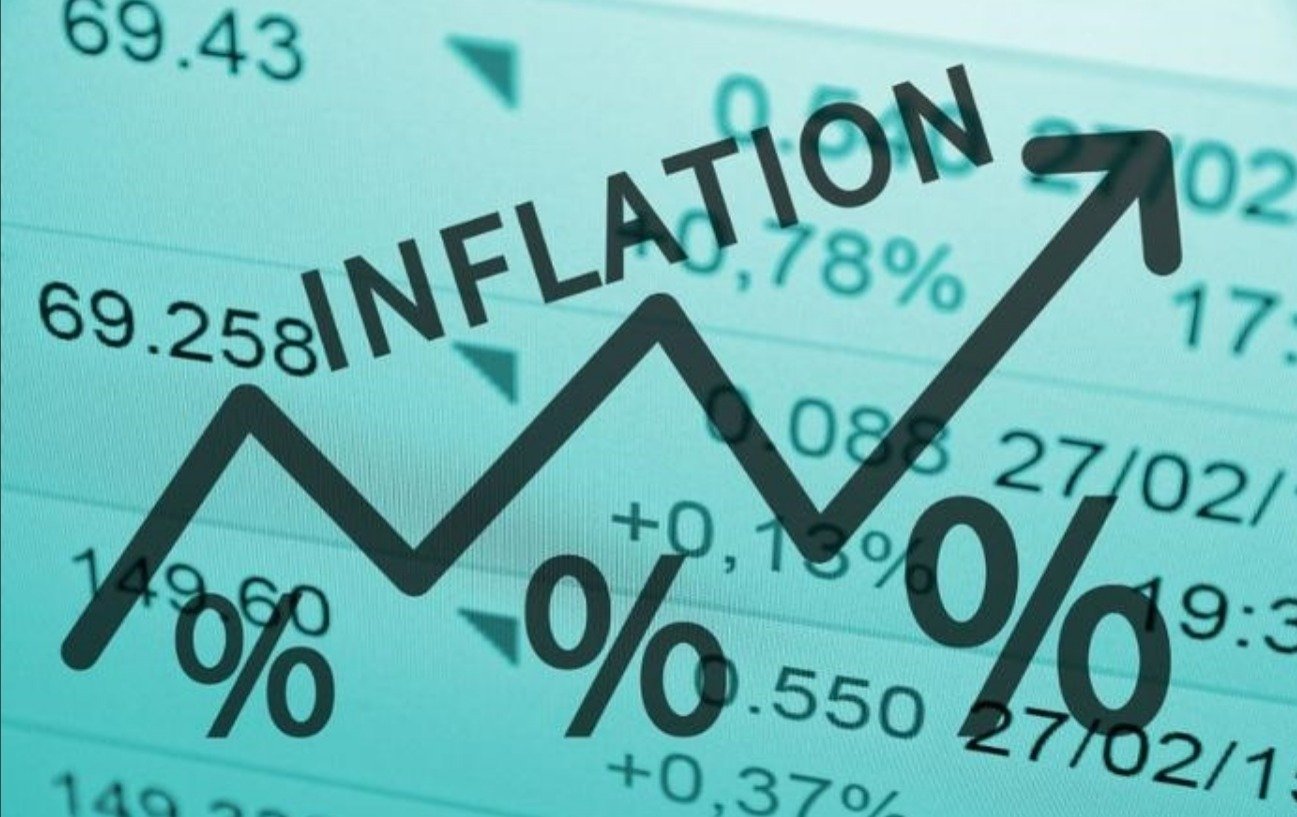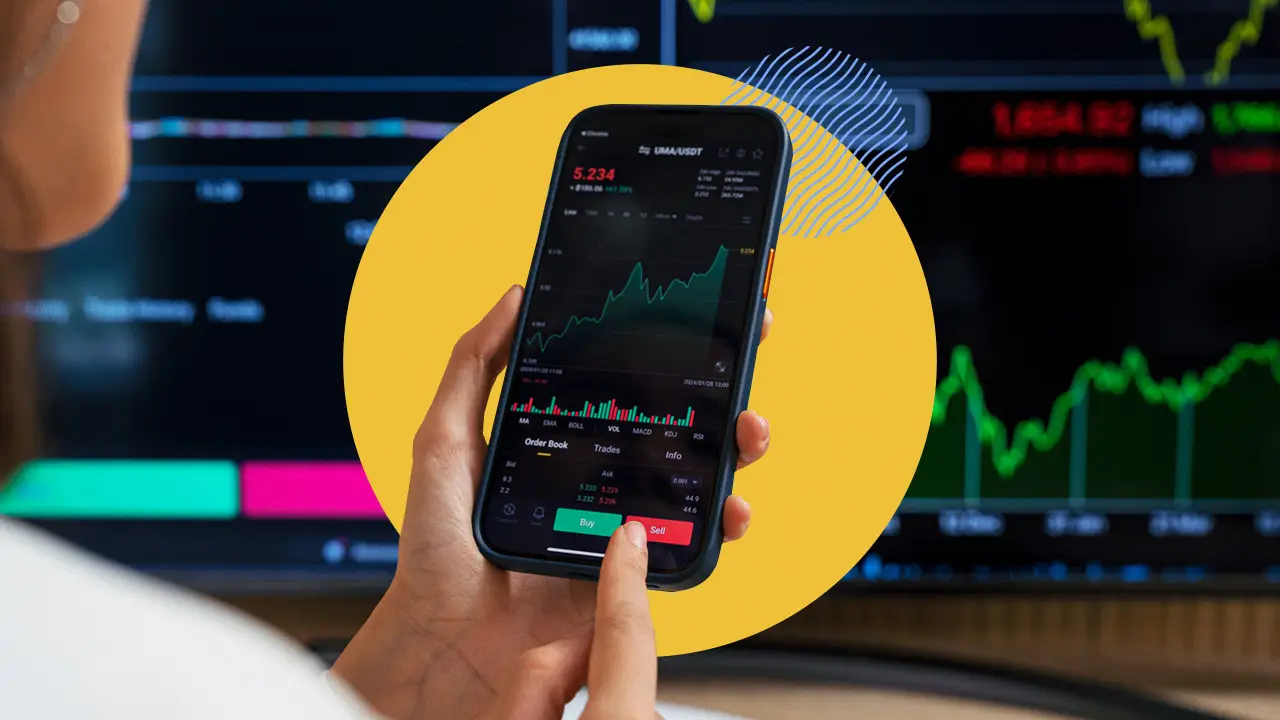Imagine you’re saving up for a dream vacation. Over the years, you diligently set aside money, only to find that the cost of your trip has doubled! What happened? That’s inflation at work. It’s the silent thief that slowly erodes the value of your money over time. But don’t panic—understanding inflation can help you protect your finances and even turn the tide in your favor. Let’s explore how inflation affects your savings and investments and what you can do to stay ahead.
What is Inflation?
Definition and Causes of Inflation
Inflation is the rate at which prices for goods and services rise over time. Essentially, it’s why your grandparents could buy a loaf of bread for a nickel, but today, it costs a few dollars. Inflation occurs due to factors like increased demand (demand-pull inflation), rising production costs (cost-push inflation), or built-in expectations within the economy.
Types of Inflation (Demand-Pull, Cost-Push, Built-In)
- Demand-Pull Inflation: Too much money chasing too few goods.
- Cost-Push Inflation: Rising costs for producers drive prices up.
- Built-In Inflation: Wages and prices rise in tandem, creating a cycle.
How Inflation Affects Your Purchasing Power
Erosion of Money Value
When inflation rises, the same amount of money buys less. That $100 you saved last year might only have the purchasing power of $95 today.
Real vs. Nominal Value of Money
Nominal value is what’s printed on your bills, while real value reflects purchasing power. Inflation reduces the real value of your money over time.
Inflation’s Impact on Investments
Stocks and Inflation
Stocks can be a mixed bag. Companies with strong pricing power often fare well, but those with high costs may struggle.
Bonds and Fixed-Income Investments
Inflation erodes the fixed returns from bonds, making them less attractive during high-inflation periods.
Real Estate as an Inflation Hedge
Real estate often retains or increases in value with inflation, making it a popular choice for investors.
Inflation’s Impact on Savings
Decline in Savings Account Value Over Time
The interest rates on traditional savings accounts rarely keep up with inflation, leading to a gradual loss in value.
Effect on Certificates of Deposit (CDs)
While CDs offer higher returns than savings accounts, long-term CDs may not outpace inflation, especially in volatile economic times.
Strategies to Protect Investments from Inflation
Diversifying Your Portfolio
A mix of asset classes—stocks, bonds, real estate, and commodities—can help balance risk and reward.
Investing in Inflation-Linked Bonds
Treasury Inflation-Protected Securities (TIPS) adjust their value based on inflation, providing a built-in safeguard.
The Role of Commodities
Investing in tangible assets like oil, gold, or agricultural products can provide a hedge against inflation.
The Role of Gold and Precious Metals
Why Gold is Considered a Safe Haven
Gold maintains its value over time, making it a go-to investment during inflationary periods.
Comparing Gold to Other Inflation Hedges
While effective, gold isn’t the only option—diversifying with other assets can offer more stability.
Conclusion
Inflation isn’t just an abstract economic term—it’s a reality that impacts your everyday life. By understanding its effects and taking proactive steps to adjust your investments and savings, you can safeguard your financial future. Remember, the goal isn’t just to keep up with inflation but to outpace it wherever possible. Stay informed, stay flexible, and your money will thank you later!
FAQs
- How does inflation affect the value of my emergency fund?
Inflation decreases the purchasing power of your emergency fund, so you may need to save more to maintain its effectiveness. - Are there any investments completely immune to inflation?
No investment is entirely immune, but options like TIPS and real estate are designed to mitigate inflation’s effects. - How often should I review my portfolio to combat inflation?
Review your portfolio at least annually or during major economic shifts to ensure your investments remain aligned with your goals. - Can cryptocurrency protect against inflation?
Some believe cryptocurrencies like Bitcoin can act as a hedge, but they remain highly volatile and speculative. - What are the signs of rising inflation in the economy?
Look for increasing prices, higher wages, and rising costs of raw materials—common indicators of inflation trends.




